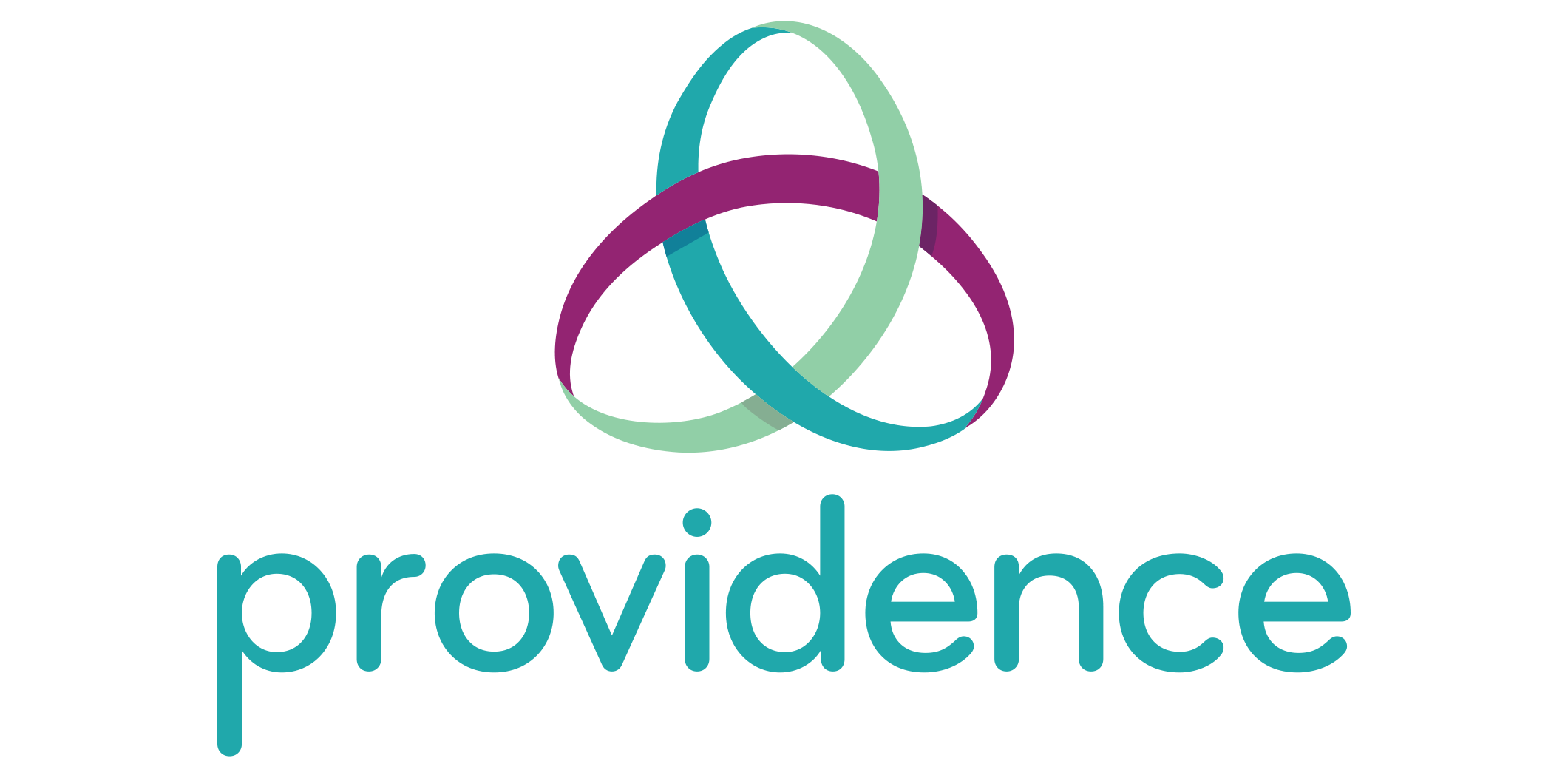This website uses cookies so that we can provide you with the best user experience possible. Cookie information is stored in your browser and performs functions such as recognising you when you return to our website and helping our team to understand which sections of the website you find most interesting and useful.
Pottery with a Conscience
Tucked behind the next to the sits a modest brown building that houses the pottery studio. Its exterior is unremarkable and a bit worn.
Step through the entryway of the studio, though, and the unremarkable exterior quickly fades away. Inside is a group of enthusiastic adults, known as participants, who work in the center’s pottery program. Twenty-some participants gather in the studio each morning to shape and cast bowls, mugs, pitchers and other ceramics.
What’s remarkable though is that decades ago, many of these adults with developmental disabilities might have been institutionalized for life. With Providence’s pottery studio, along with its other programs, these adults are now working for a living and participating actively in the community.
It’s part of Providence’s mission, says Audra Harrison, the communications manager. The core of this mission is to have these adults integrate into the community by holding jobs, paying taxes and making their own financial decisions.
“We want our participants to gain as much independence as possible,” she says, “by designing their own futures.” Providence offers them choices and options so they can take charge of shaping their own lives.
Providence runs three production facilities: the pottery studio, a woodshop in Millersville; and a in Arnold. These programs, combined with the center’s art institute and its brand new technology center, offer participants varied tracks towards occupation and employment.
Richard Austin has been with Providence for over 25 years. He mixes up a batch of slip liquified clay slurry while he talks haltingly about his jobs. He currently works part-time at the studio, while also holding part-time jobs at Annapolis Volvo and Homestead Gardens.
“Richard is a great demonstration of what we are trying to achieve,” says Harrison. “He’s very much a leader to a lot of people here, and he’s experiencing tremendous independence.”
To succeed, though, many need logistical assistance. Harrison relies on Woody Allen’s line, “90 percent of life is just showing up,” to illustrate the point that the participants wouldn’t be able to “show up” without the Providence’s fleet of 70 vans and buses. These vehicles transport them from home to the various programs and to their other jobs in the community
Talk to us today.




